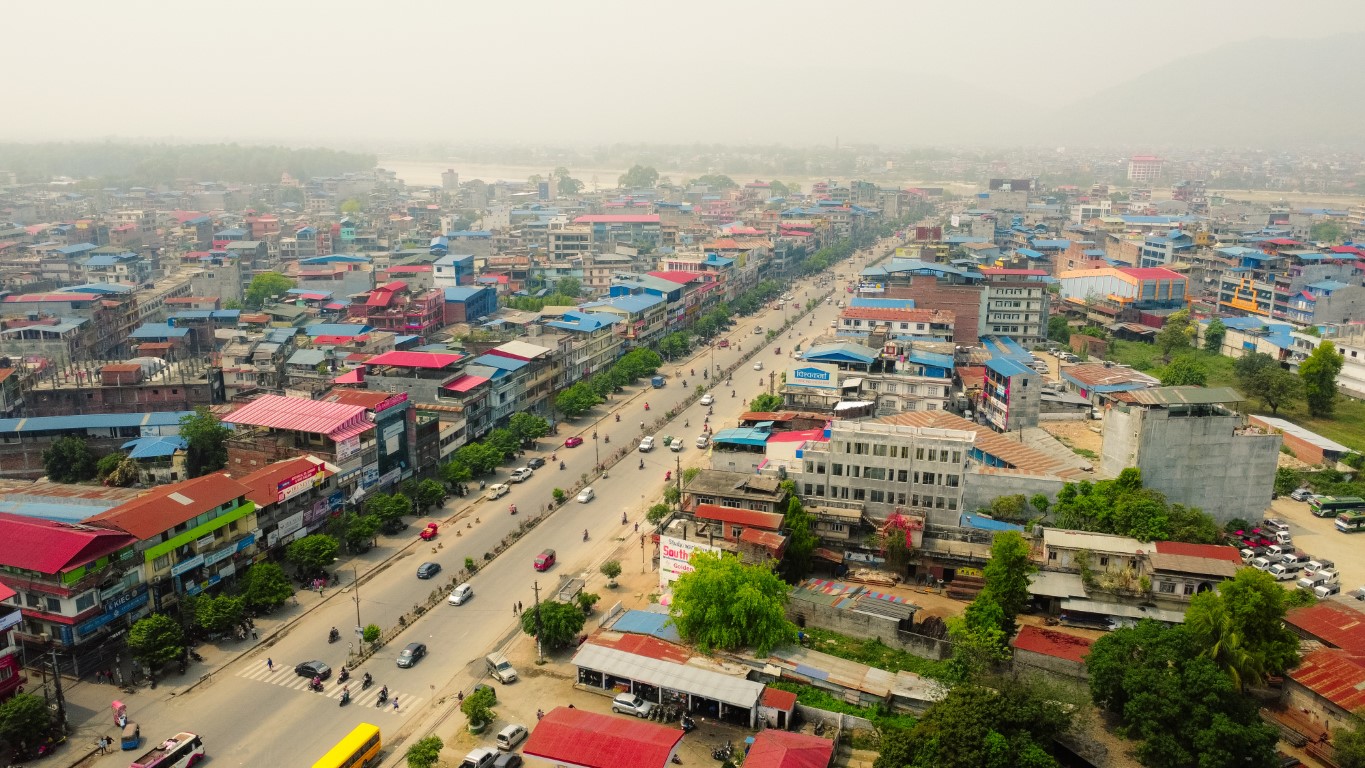As the world of work continues to evolve, digital nomads are increasingly looking to take advantage of the benefits of remote working. With the availability of technology and the ease of global mobility, more and more people are embracing the digital nomad lifestyle. However, navigating the legal considerations of working remotely can be challenging, and many countries have created visas specifically for digital nomads. In this article, we’ll explore which countries offer digital nomad visas in 2023 and the advantages and disadvantages of each.
What is a Digital Nomad Visa?
A digital nomad visa is a type of visa specifically designed for remote workers and digital nomads. These visas allow people to live and work in a country for a limited period of time without having to obtain a traditional work permit or visa. Countries that offer digital nomad visas are typically attractive destinations for digital nomads due to their cost of living, culture, and quality of life.
Digital Nomad Visa Countries 2023: A Comprehensive Guide
The following countries offer digital nomad visas in 2023:
- Estonia: Estonia is one of the most popular digital nomad destinations in the world. The country offers a digital nomad visa that allows remote workers to stay in the country for up to 365 days. The visa also allows digital nomads to access the Estonian healthcare system, as well as use the country’s e-residency program.
- Mexico: Mexico is another popular destination for digital nomads. The country offers a digital nomad visa that allows remote workers to stay in the country for up to 12 months. The visa also allows digital nomads to access the Mexican healthcare system and open a Mexican bank account.
- Portugal: Portugal is a great option for digital nomads looking for a sunny and affordable destination. The country offers a digital nomad visa that allows remote workers to stay in the country for up to 12 months. The visa also allows digital nomads to access the Portuguese healthcare system and open a Portuguese bank account.
- Spain: Spain is another popular destination for digital nomads. The country offers a digital nomad visa that allows remote workers to stay in the country for up to 12 months. The visa also allows digital nomads to access the Spanish healthcare system and open a Spanish bank account.
- Uruguay: Uruguay is a great option for digital nomads looking for an affordable and vibrant destination. The country offers a digital nomad visa that allows remote workers to stay in the country for up to 12 months. The visa also allows digital nomads to access the Uruguayan healthcare system and open a Uruguayan bank account.
Advantages of Digital Nomad Visas
Digital nomad visas offer a number of advantages for remote workers. These include the ability to:
- Live and work in a foreign country for a limited period of time
- Enjoy a lower cost of living
- Access the local healthcare system
- Open a local bank account
- Explore the local culture
Digital nomad visas also provide an opportunity for digital nomads to gain a better understanding of the local language and customs, as well as a chance to meet new people and develop their career.
Disadvantages of Digital Nomad Visas
Although digital nomad visas offer many advantages, there are also some potential drawbacks to consider. These include:
- Potential restrictions on work activities
- Potential restrictions on the number of days in the country
- Potential restrictions on the number of visas available
- Potential restrictions on the types of visas available
- Potential restrictions on the type of accommodation available
It is important to research the specific restrictions of the country’s digital nomad visa before applying.
Conclusion
Digital nomad visas are an increasingly popular option for remote workers and digital nomads. In 2023, there are a number of countries offering digital nomad visas, including Estonia, Mexico, Portugal, Spain, and Uruguay. Each country offers its own advantages and disadvantages, so it is important to research the specifics of each visa before applying.














